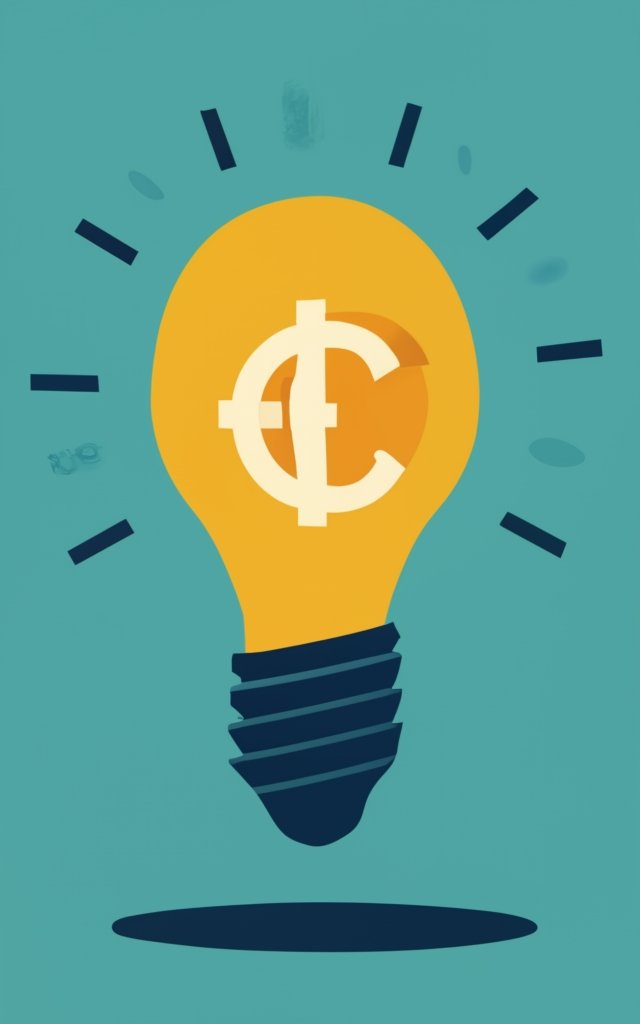The Ticking Time Bomb of Financial Ignorance in the Land of Opportunity

In a nation celebrated for boundless opportunities, a silent crisis threatens the American Dream. Financial illiteracy has reached alarming proportions in 2023, affecting every generation, from baby boomers to Gen Z. This crisis has far-reaching implications for individual financial well-being, the broader economy, and societal stability.
A Crisis Across Generations

“Financial illiteracy is not just a personal problem; it’s a societal issue with economic ripple effects,” warns Sarah Thompson, a renowned financial advisor. According to a 2023 report by Zippia, only 57% of Americans are financially literate. When broken down by age groups, the numbers are startling. Annuity.org reveals that only 36% of Gen Z adults scored between 51%-100% on a financial literacy test. This compares to 48% of millennials and Gen X and 59% of baby boomers.
The crisis is global. A study cited by Gitnux Blog reveals an average financial literacy score of just 61%. “This is a global issue that requires immediate attention,” emphasizes Mark Johnson, a financial literacy expert. “We’re talking about a generation ill-equipped to handle basic financial decisions, let alone navigate investments, loans, and retirement planning.”
The impact is already evident in various sectors, from increasing debt levels to poor investment choices. “People are making decisions they don’t fully understand, leading to a cycle of debt and financial instability,” says Thompson. The real estate market, stock investments, and even daily budgeting are areas where the lack of financial knowledge is glaringly evident.
The Future Looks Bleak
“If we don’t act now, we’re setting up future generations for financial failure,” warns Emily Davis, a financial advisor specializing in educational programs. A LinkedIn article projects that financial illiteracy is expected to grow at a 32.2% CAGR by 2030. The Policy Circle estimates that by 2030, roughly $30 trillion could be impacted by financial literacy—or the lack thereof.
An anonymous industry expert challenges this view. “While the numbers are concerning, they serve as a wake-up call. The projected growth rate of financial illiteracy could be an overestimation, considering increasing awareness and educational initiatives,” the expert states. Time Magazine adds that the measure of financial literacy has fallen 19% over the past decade, costing Americans more than $415 billion.
Societal implications are equally concerning. “Financial illiteracy contributes to widening social inequality,” says Davis. “Those who are financially illiterate are less likely to accumulate wealth, leading to a growing wealth gap.” The lack of financial literacy also has implications for retirement planning, further straining social security systems.

The Need for Policy Changes

“Financial literacy needs integration into the educational system from an early age,” argues John Williams, a financial planner and advocate for educational reform. According to Ramsey Solutions, only 17% of U.S. adults have taken a personal finance class in high school. Programs like those proposed by Next Gen Personal Finance aim to make financial education a standard part of the curriculum by 2030.
Policy changes are crucial. “We need to break the cycle of financial illiteracy passed down through generations,” says Lisa Green, a policy analyst specializing in financial literacy. Walden University estimates that more than 65% of Americans show signs of financial illiteracy. “Legislation that mandates financial education and provides resources is the need of the hour,” adds Green.
The private sector also has a role to play. Financial institutions and fintech companies are offering tools and resources aimed at improving financial literacy. “The private sector can be a valuable partner, offering practical solutions and innovations that make financial education more accessible,” says Williams.
A Call to Action
In a nation that prides itself on being the land of opportunity, the ticking time bomb of financial illiteracy threatens to shatter that image. The question isn’t whether we can afford to invest in financial education and policy reform. The question is, can we afford not to? The numbers are alarming, the future forecasts are dire, and the time for action is now. Financial illiteracy is not just a set of statistics; it’s a call to action, a crisis that requires immediate and concerted efforts to defuse. The stakes are high, and the clock is ticking. The time for complacency is over; the time for action is now.



